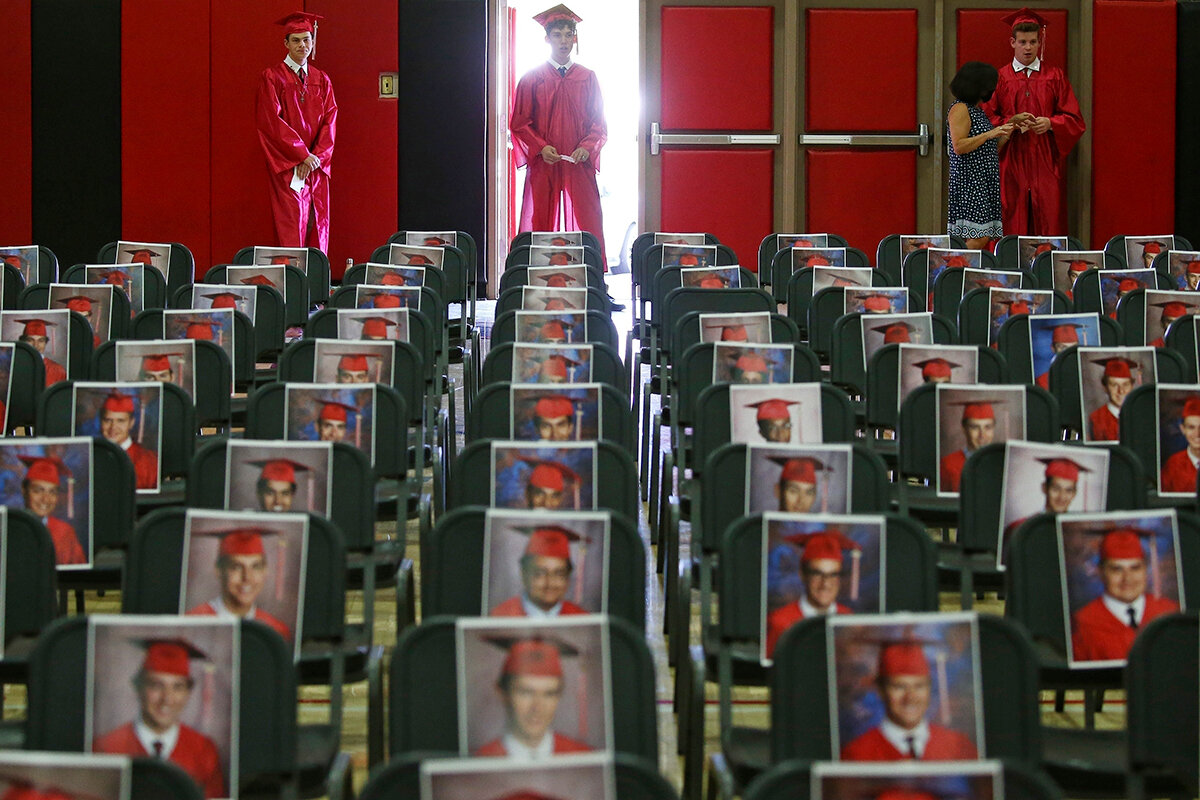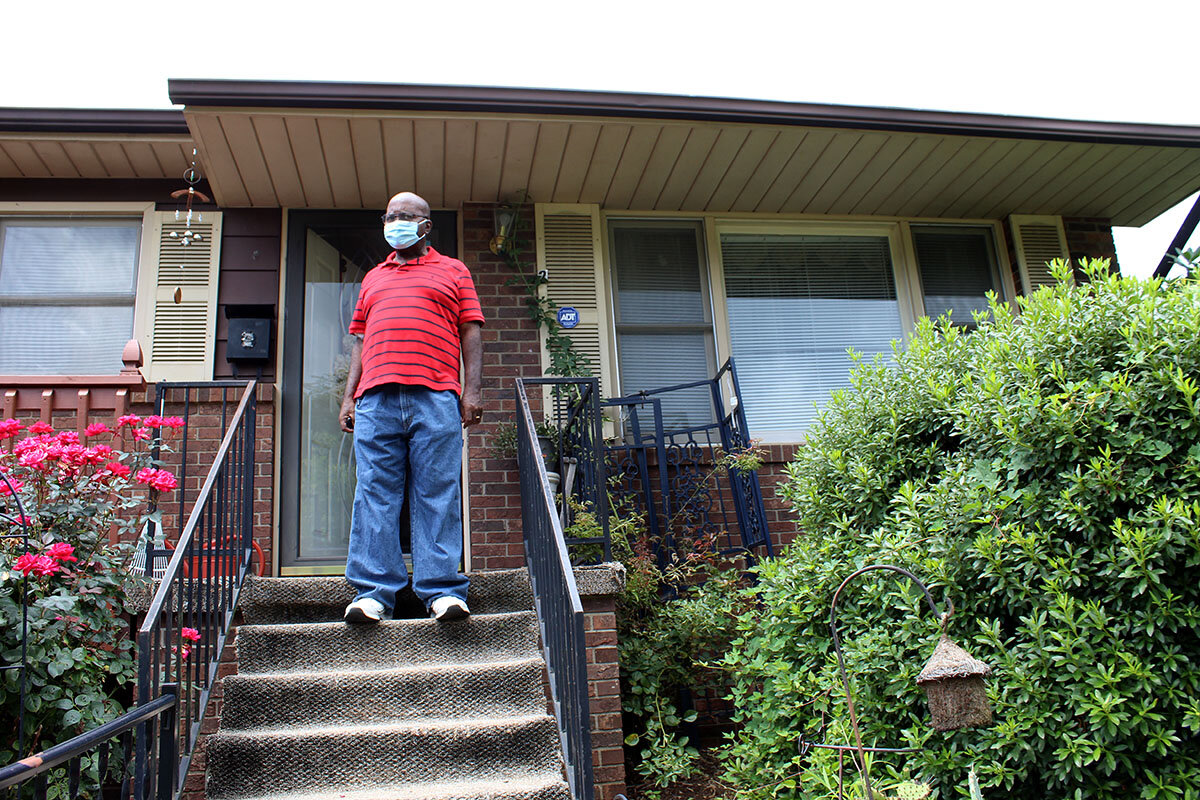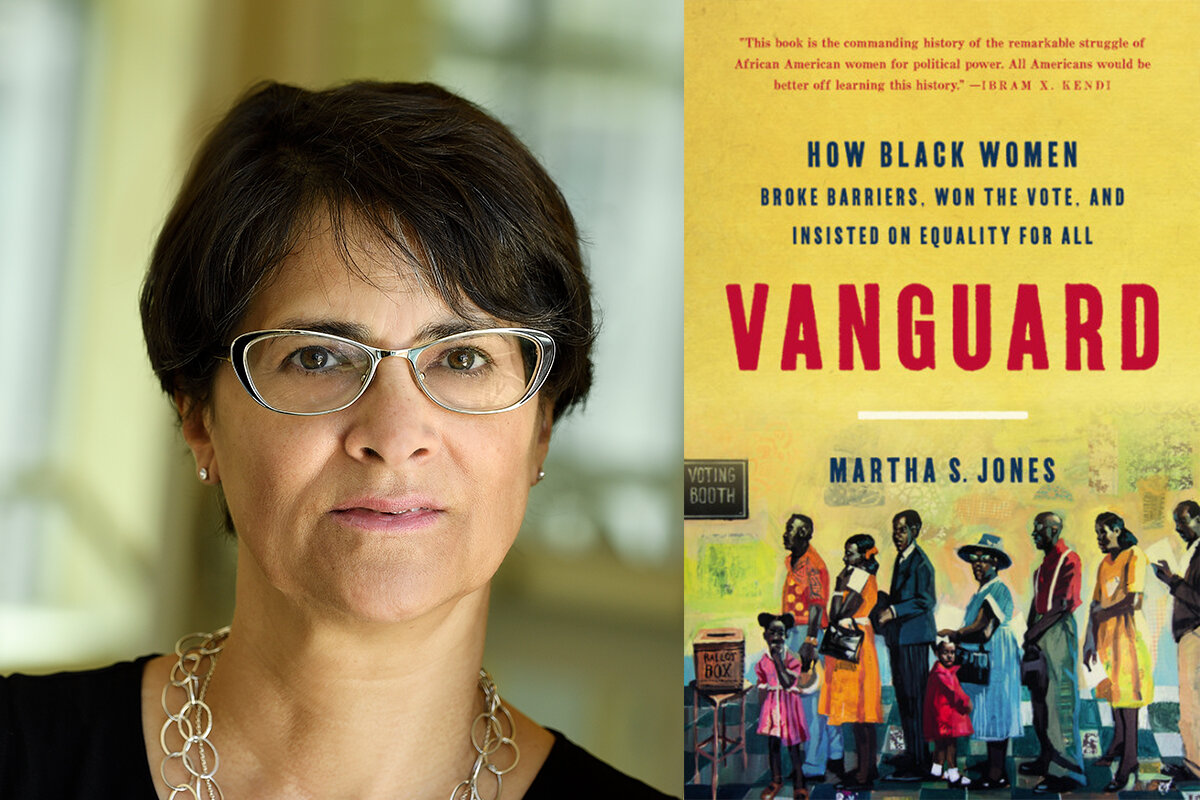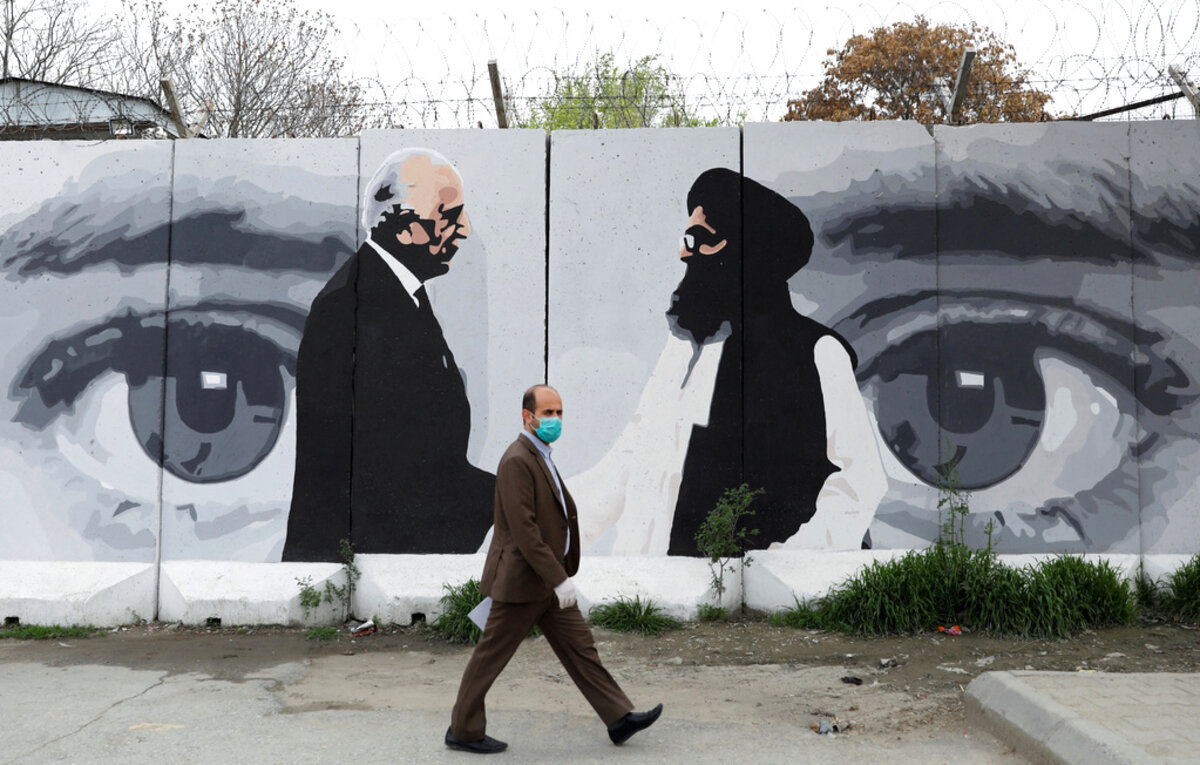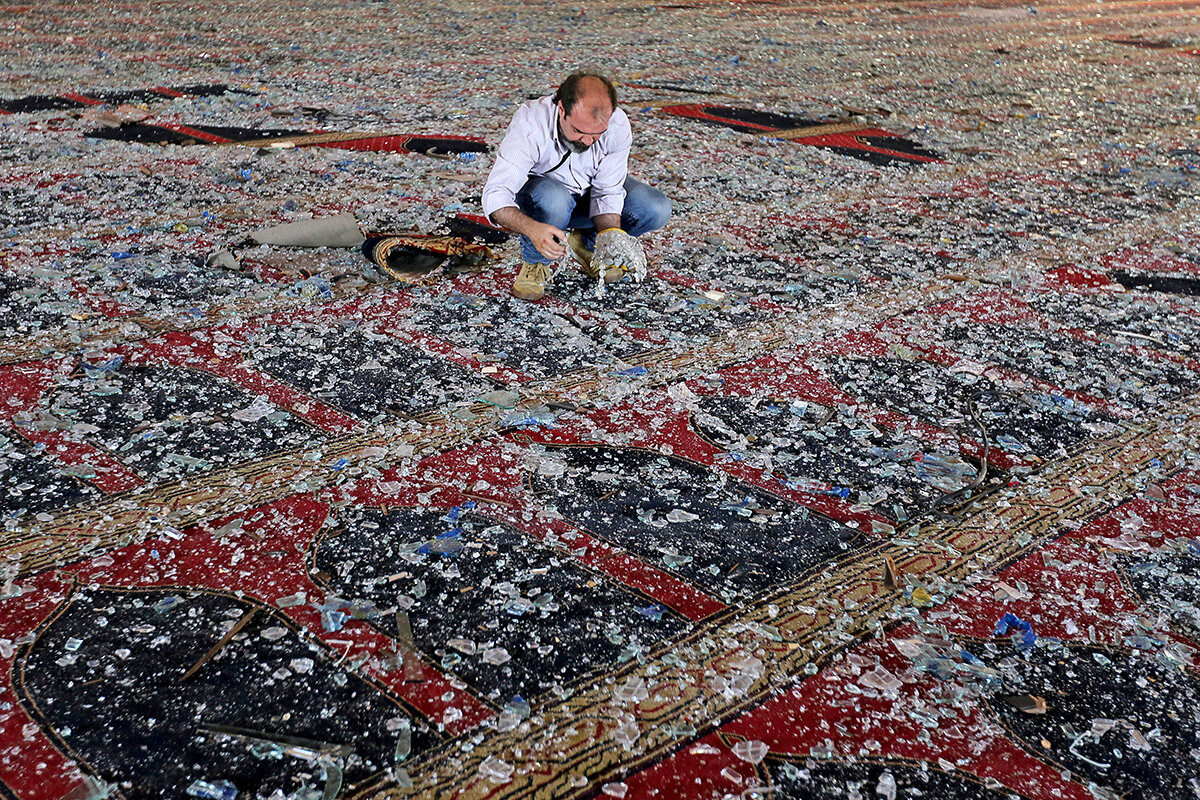Federal agents have been deployed in Portland, Oregon, and Chicago for very different reasons. Here we look at the different dynamics.
Monitor Daily Podcast
- Follow us:
- Apple Podcasts
- Spotify
- RSS Feed
- Download
 Mark Sappenfield
Mark Sappenfield
When our Scott Peterson went to Lebanon to report on protests last November, something seemed different. In a country so riven by strife among its religious sects, there was a new resolve. Those divisions must be overcome. They only fueled incompetence and corruption. In that fight, the protesters had “nothing left to lose,” said one observer.
The direct causes of the massive explosion in Beirut on Tuesday are not yet confirmed. Early indications point to an accidental fire igniting 2,750 tons of ammonium nitrate. (The Oklahoma City bomber used 2 tons.)
But the deeper causes are well known. Attempts to manage Lebanon’s divisions have instead set them in concrete, creating sectarian fiefdoms enshrined in the constitution itself. Why did the government allow a gigantic would-be bomb to sit in the heart of the city for six years? Because Lebanon has in some ways become a failed state. Beirut often can’t collect its trash for weeks on end. Inflation is rampant. And the country is defaulting on loans. Now, an explosion has torn through Beirut, destroying grain silos essential to the nation’s food security.
Lebanon is a cautionary tale – a graphic picture of what division can do to a country. More protests are surely coming. But the seeds for change have already been planted. “You can’t just in [a few] days get these [sectarian] thoughts out of their minds,” one protester told Scott last fall. “But we’re trying our best to keep people awake, to spread awareness, so people can get rid of this thing.”





